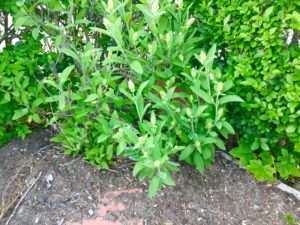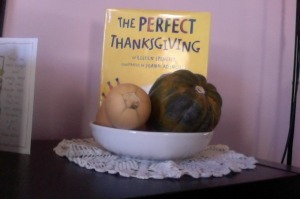Do not eat the bread of the stingy; do not desire their delicacies;
for like a hair in the throat, so are they.
“Eat and drink!” they say to you; but they do not mean it.
Proverbs 23:6-7 NRSV
Hot coffee fills the urns. Pitchers of juice and water are surrounded by paper cups. The table holds cookies, crackers, cheese, and veggies with dip. There are pretty plates and napkins on either end. Sometimes there’s a centerpiece. Someone went to a lot of trouble and no little expense to provide the refreshments. It could be the reception at a PTA meeting, snacks for the school concert’s intermission, coffee hour after worship, or a neighborhood open house. Everything is lovely, until someone violates an unspoken rule. It might be kids must wait for adults to take food, or two items only until everyone has gone through the line, or you must eat everything on your plate before taking anything else. The rule breaker is served a pointed look, a roll of the eyes, or a cutting comment about the lack of manners to go with that extra cookie. If the rule breaker is a child, it might be a harsh word and a plate taken away. Whatever the consequence, the stinginess of the host is a far greater problem than the ill manners or ignorance of the guest.
I believe in teaching good table manners; I believe rules of etiquette evolved because they make communal life easier and more fair. Eating what’s on my plate rather than wasting food makes a lot of sense – it honors the bounty of the earth and the work it took to create the food on the table. But begrudging an extra cookie or an uneaten apple slice? If my generosity as a host is tied to a specific set of rules, I’m not really giving the food freely – I’m trading it for orderly behavior and obligatory thanks.
I don’t want to be an ill mannered or inconsiderate guest. Even more, I don’t what to be a stingy host. Whether host or guest, I want to be grateful for the food on the table, the hands that prepared it, the mouths that enjoy it, and the God who delights in true hospitality given and received.
God, grant me a grateful heart and the ability to be generous to everyone who finds himself or herself at my table. Amen.









